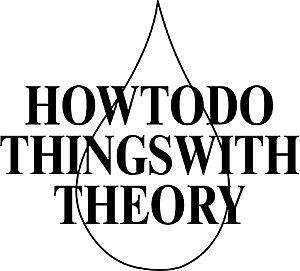Max*ine Vajt: Unstable Framerate: Trans* Temporalities in Video Games
Thesis Advisor: Amit S. Rai
Thesis: Unstable Framerate: Trans* Temporalities in Video Games
July 2023
Abstract
This paper aims to expand on an existing field of queer temporalities in video games by analyzing the works of three trans* femme game makers. It explores how they employ and bend time within the game mechanics and how this constitutes a specific type of trans* temporality. Defining this understanding of time as lying within the space of queerness, it critically examines its transgressions from queerness and defines how similar elements might be understood in a completely different light in games made by and for cis, queer, and trans* people. In order to introduce the basic terminology and the forms in which big-budget (AAA) games can deviate from hegemonic play time, it examines one of the best-selling games of all time, Red Dead Redemption 2. It asks how its supposed refusal of player service is often read as queer, while actually maintaining hegemonic cis-heterosexual-male-oriented power fantasies. It follows by introducing a cis gay/lesbian game (Life is Strange) which employs time travel as one of its core mechanics. These two examples serve to briefly show how queer temporalities have been understood within game studies so far, and how this often reproduces harmful readings of queerness as regressive and inherently loss-creating. It uses these notions to expand on them through readings of Jack Halberstam, Elizabeth Freeman, Bo Ruberg, and my own experience as a trans* femme game maker. It attempts to both expand on the understanding of trans* temporality as more than a subcategory of queer temporality and propose and serves as a possible starting point for future taxonomy of time-space mechanics in trans* femme games. Following up on Bonnie Ruberg’s call for the establishment of Trans Game Studies, this thesis sets a goal to map the field of trans* temporalities as defining the modes of play, rather than to examine the representation of trans* characters. It is purposefully coming into dialogue with mainly indie and/or single-author games, which facilitate an unapologetic trans* gaze. This decision has been made both due to the inexistence of AAA games by trans* developers and the video game markets’ demand for hegemonic forms of play and enjoyment that radically limit the palette of modes of expression. The author of this thesis strongly believes that real transgressions from cis-heteronormative oppressions of capitalism and neoliberal mechanics within a heavily marketized gaming industry can happen only in games that create their own microcosms intended primarily FOR the community, rather than to provide an empathy window into the world of trans* people.
Author: Max*ine Vajt


